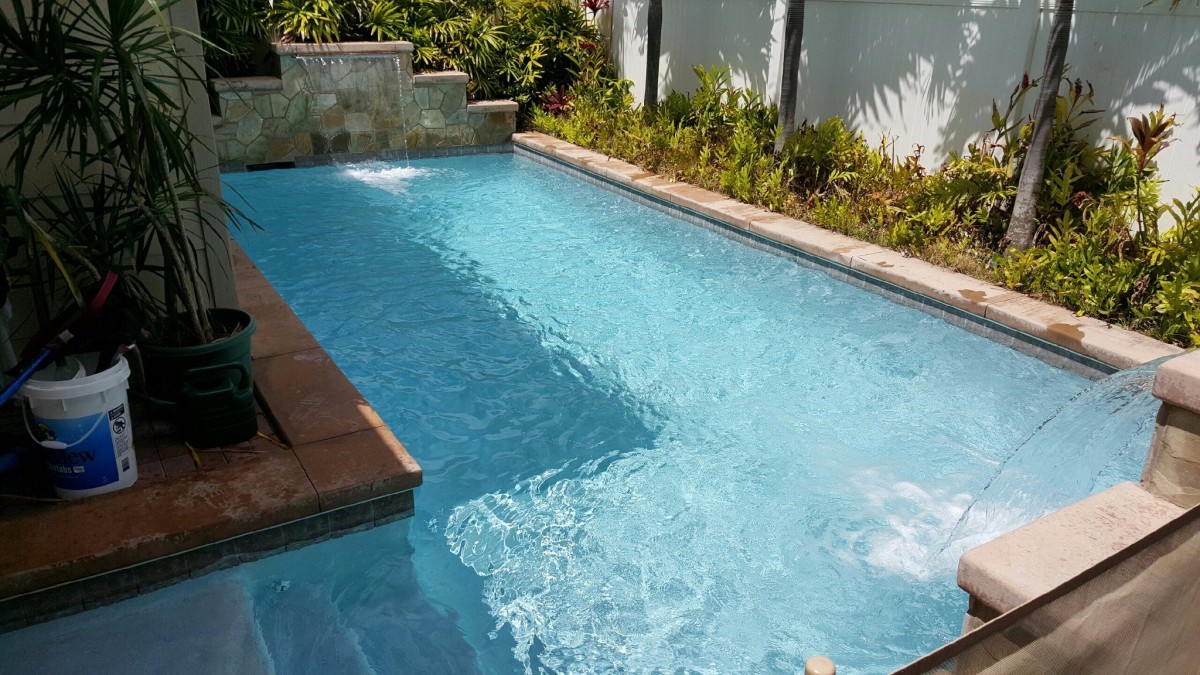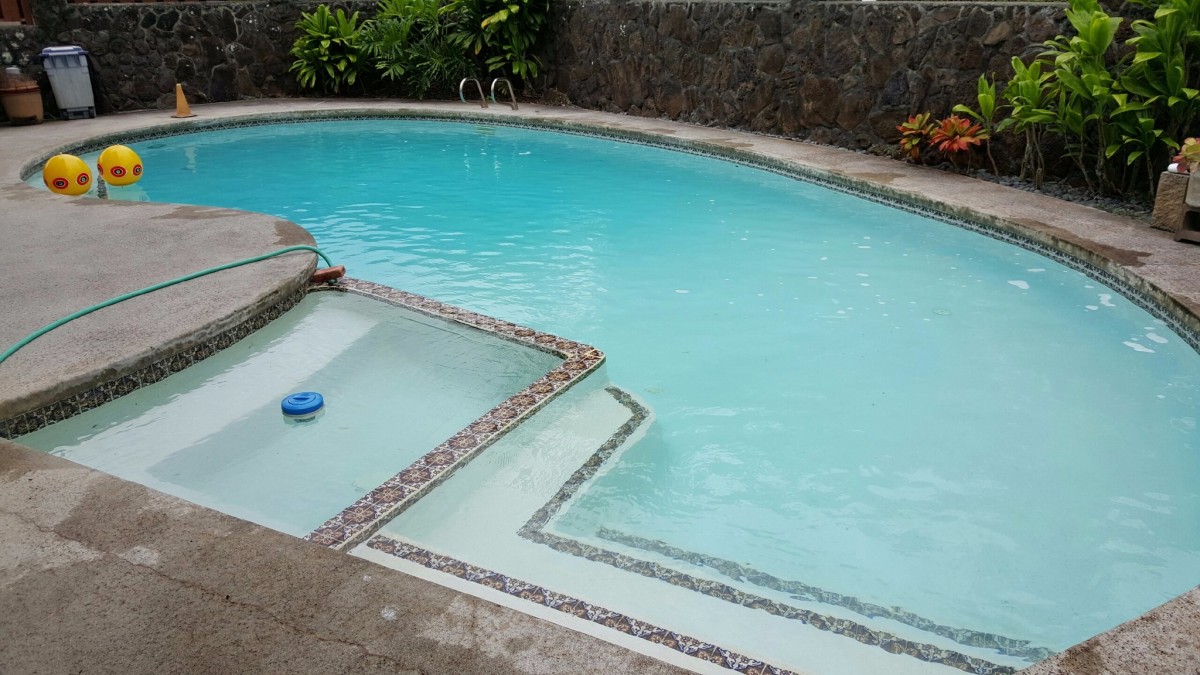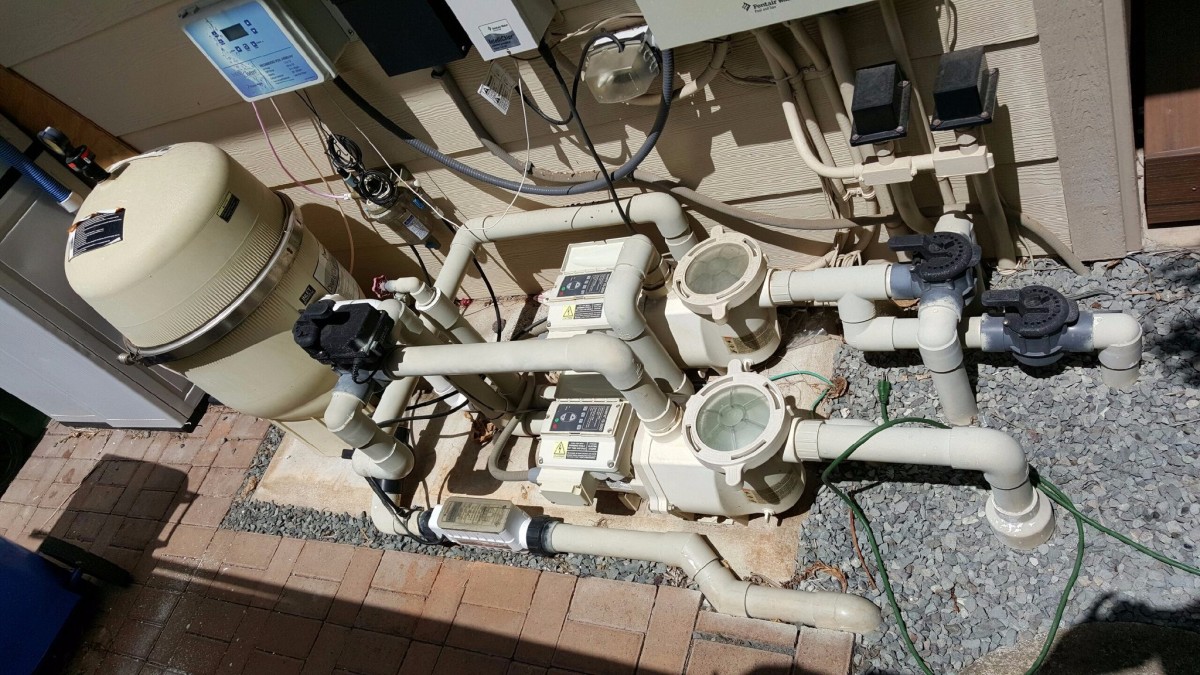As a pool owner, it is imperative to understand the importance of pool maintenance when it comes to the lifespan of your pool equipment. Neglecting regular maintenance can result in costly repairs and replacements, not to mention a decrease in the overall longevity of your equipment. In this article, we will explore the various aspects of pool maintenance and how it affects the lifespan of your pool equipment.
Firstly, let’s talk about pool water chemistry. Maintaining the proper pH, total alkalinity, and chlorine levels in your pool is critical to the longevity of your pool equipment. Imbalanced water chemistry can cause corrosion and scaling of your pool’s metal surfaces, which can damage pumps, filters, heaters, and other equipment. This can also result in clogged pipes, reduced flow, and decreased performance, all of which can impact the lifespan of your pool equipment. Regular testing and adjusting of the water chemistry is crucial to keeping your equipment in good working order.
Next, we will discuss pool skimming and cleaning. Skimming the surface of your pool removes leaves, bugs, and other debris that can clog your pool’s filters and skimmers. This will help prevent your pool equipment from working harder than it needs to, which can increase the wear and tear and ultimately decrease the lifespan of your equipment. Additionally, cleaning your pool regularly will help prevent the buildup of algae, which can also clog filters and skimmers, and cause corrosion and scaling.
It is also important to properly clean and maintain your pool’s filters. Dirt, debris, and algae can clog the pores in the filter material, reducing the flow of water through the system. This will increase the strain on the pump, heater, and other equipment, and can cause them to break down more quickly. Regular backwashing and cleaning of the filters will help maintain their efficiency and keep your pool equipment in good working order.
Another important aspect of pool maintenance is the proper care of the pool’s pump and motor. The pump and motor are responsible for circulating the water in your pool, and they work continuously to keep the water clean and clear. Over time, dirt and debris can build up in the pump and motor, which can reduce their efficiency and increase the wear and tear on the equipment. Regular cleaning and maintenance of the pump and motor will help prolong their lifespan and keep your pool equipment running smoothly.
Finally, let’s talk about pool covers. A pool cover not only helps keep your pool clean, but it also protects your pool equipment from the elements. The sun and wind can cause your pool equipment to heat up and become damaged, which can decrease its lifespan. A pool cover will help shield your equipment from the sun and wind, and will keep it cooler, which will help prolong its lifespan.
In conclusion, pool maintenance is an essential part of pool ownership, and it has a direct impact on the lifespan of your pool equipment. By maintaining the proper water chemistry, skimming and cleaning your pool regularly, cleaning and maintaining your pool’s filters, properly caring for the pump and motor, and using a pool cover, you can help ensure the longevity of your pool equipment. Neglecting regular pool maintenance can result in costly repairs and replacements, and can decrease the overall lifespan of your pool equipment. So, don’t hesitate to invest in regular pool maintenance and keep your pool equipment in good working order for years to come.



